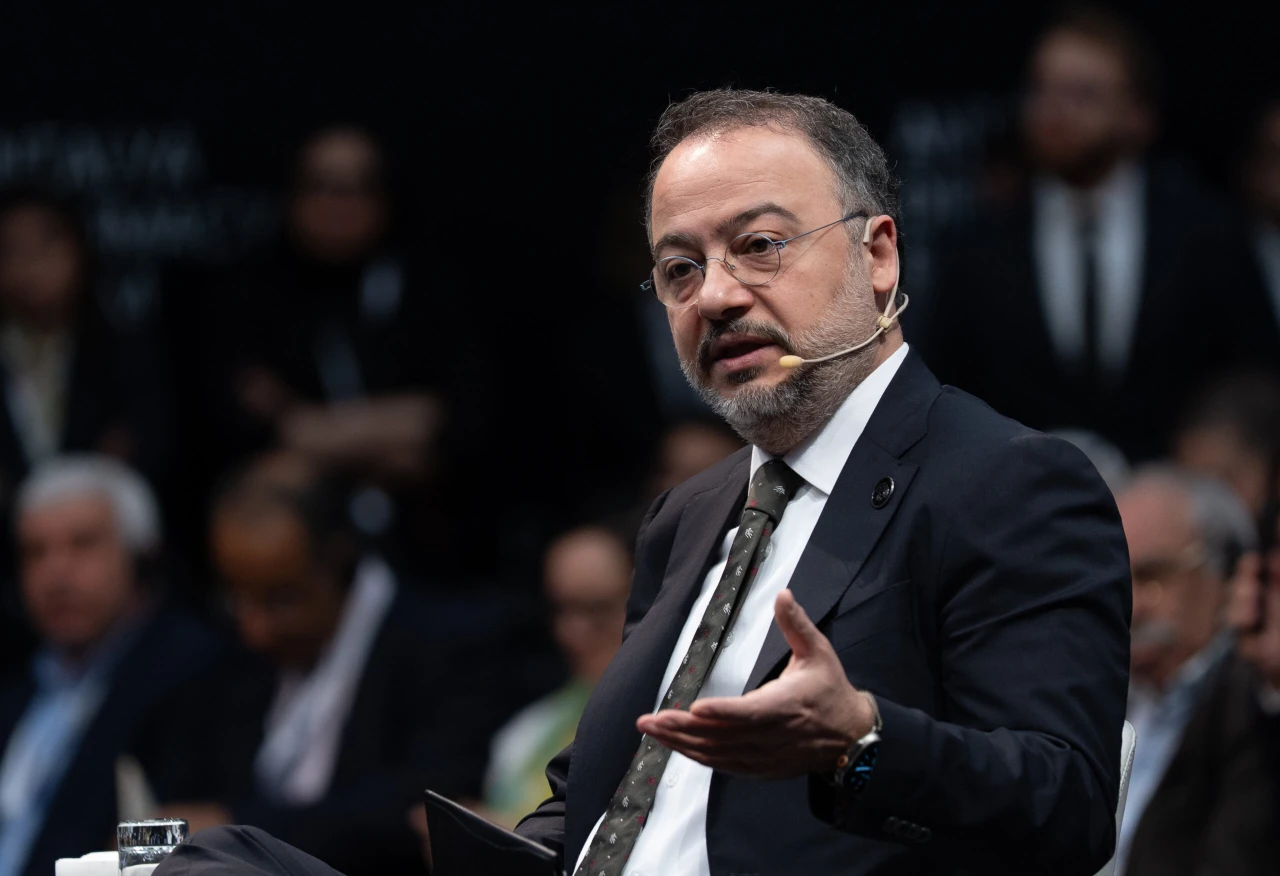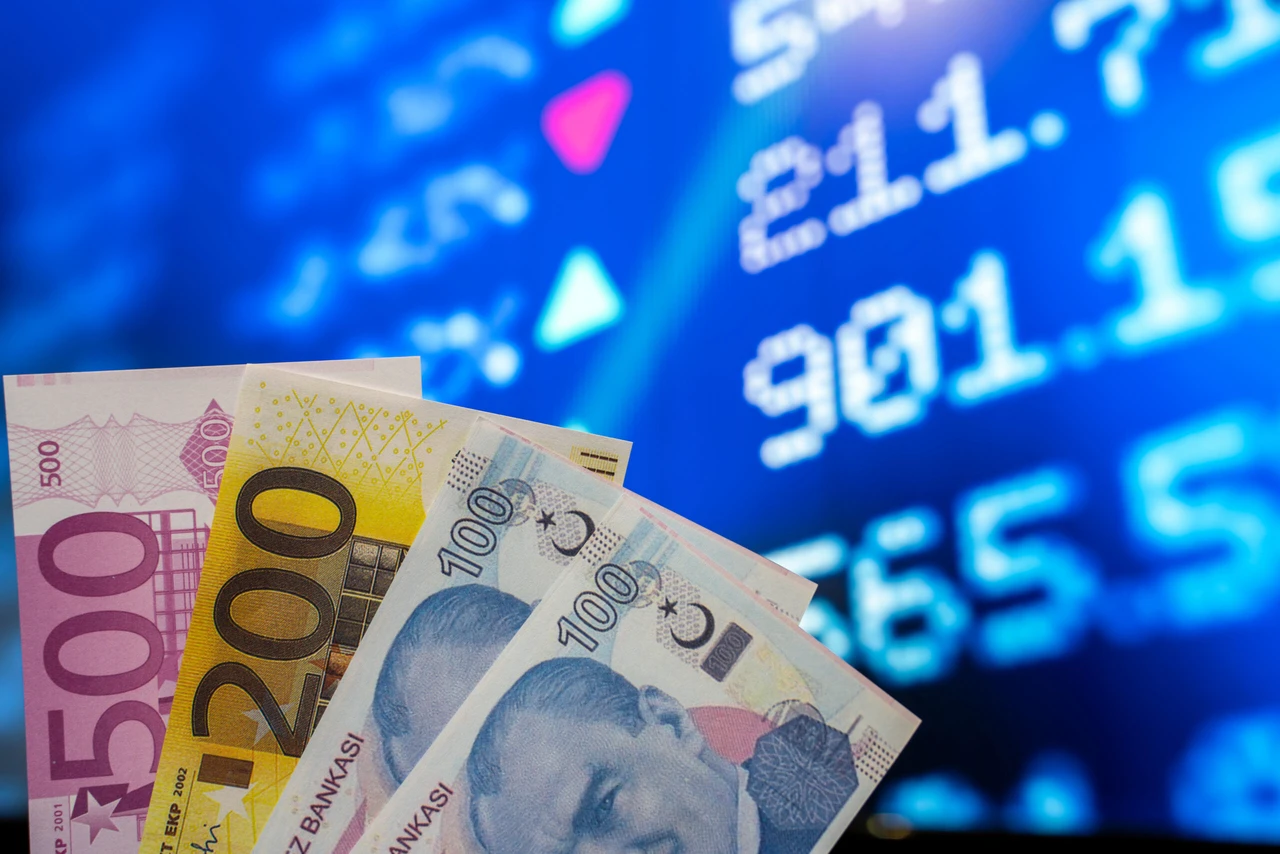‘Worst-case scenarios materializing’: Looming tariffs escalate global recession fears
 A general view of the Port Container Terminal in New Jersey, United States, on April 08, 2025. (AA Photo)
A general view of the Port Container Terminal in New Jersey, United States, on April 08, 2025. (AA Photo)
Jose Luis Escriva, governor of the Bank of Spain and a key member of the European Central Bank’s governing council, has warned that “some of the worst-case scenarios are materialising” for the European economy as new tariffs from the Trump administration take effect, fueling inflationary pressures and amplifying fears of a global slowdown.
On April 2, Trump announced long-anticipated reciprocal tariffs on imports from over 180 countries—ranging from 10% to 50%—with a particular focus on China and the European Union. The announcement sent global markets into a panic, as escalating tensions were further fueled by China’s retaliatory tariffs of equal magnitude on U.S. imports, heightening recession fears and causing a sharp decline in energy prices.
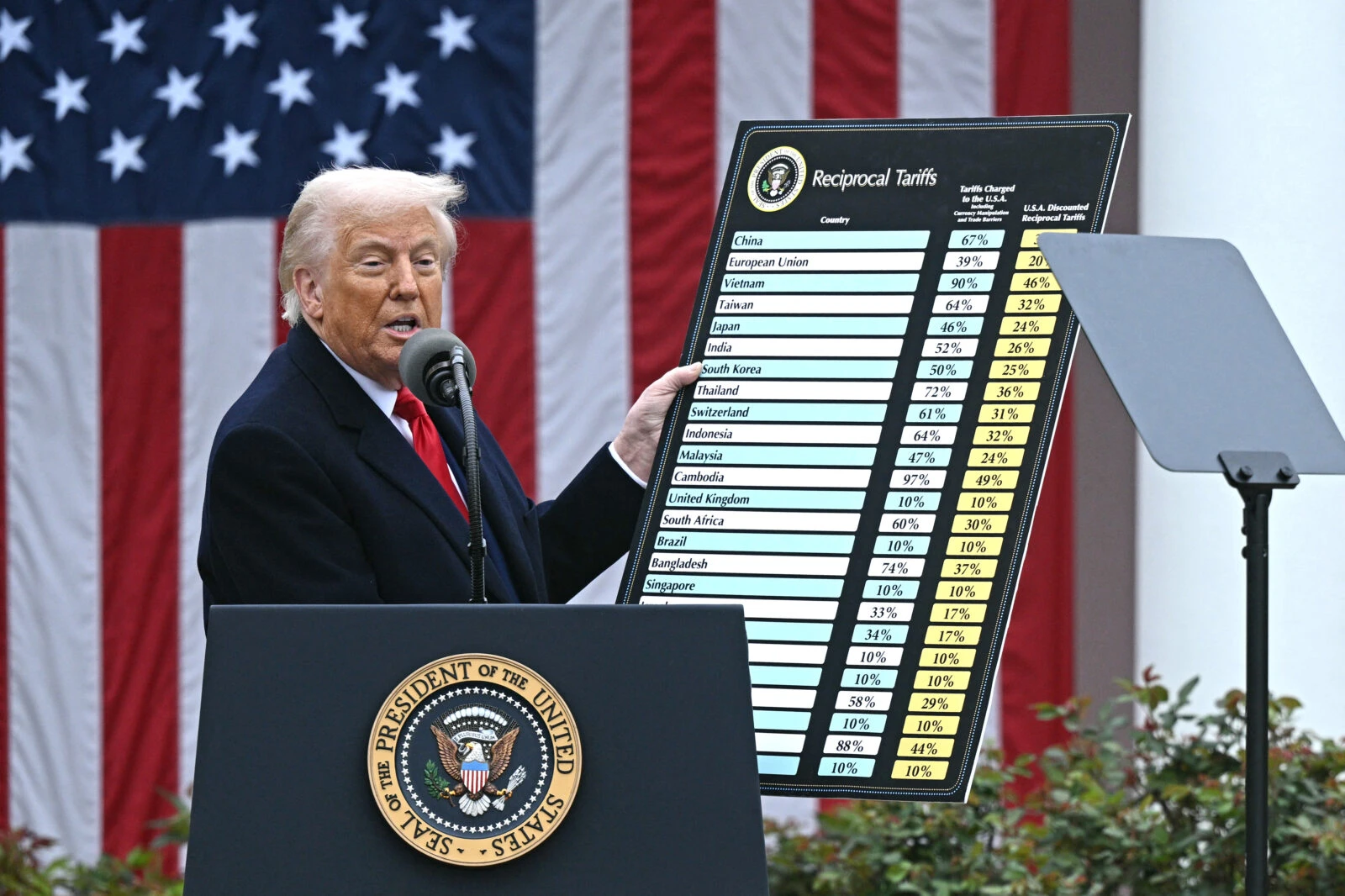
Major stock exchanges around the world were hit by a significant sell-off, with the New York Stock Exchange—the world’s largest equity market—plunging over 10% within just a few days, wiping out more than $6 trillion in market value.
Responding to growing speculation over a possible European Central Bank (ECB) interest rate cut to counter recessionary risks, Escriva said it was too early to declare a recession. However, he acknowledged that U.S. trade policies had already disrupted global supply chains—disruptions severe enough to potentially lead to a sharp contraction or significant deceleration in key economies such as those in Europe.
“The precise fallout from tariffs remains uncertain, and we are monitoring developments closely,” Escriva said, adding that the Bank of Spain is preparing to lower its economic growth forecasts in light of recent data.
Questioning dollar’s role as global reserve currency
In an interview with the Financial Times, Escriva also questioned the future of the U.S. dollar’s reserve and safe-haven status in global trade, suggesting that the euro could emerge as a more attractive alternative amid growing unpredictability in U.S. policy.
“There are reasons to doubt whether some currencies will continue to play such a dominant global role in the future,” he said. “The euro represents a large economic area supported by a stable and predictable framework, grounded in sound economic governance and the rule of law.”
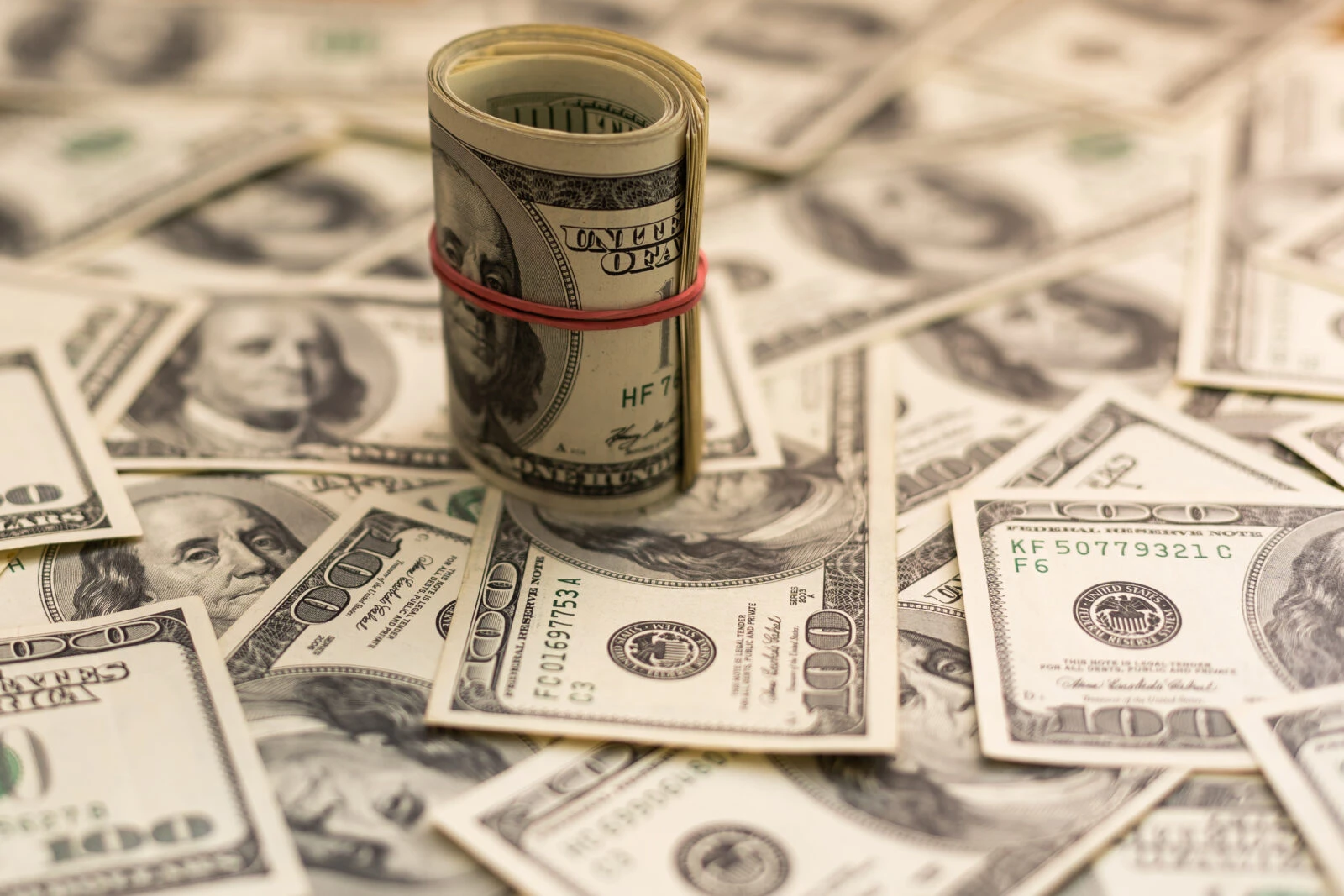
The U.S. dollar became the world’s primary reserve currency following the 1944 Bretton Woods Agreement, when 44 Allied nations established a new international financial system. Under this system, global currencies were pegged to the U.S. dollar, which was, in turn, convertible to gold. Even after the collapse of the system in 1971, the dollar retained its dominance due to the depth of U.S. financial markets and broad global trust.
However, following the 2020 global recession, the International Monetary Fund (IMF) raised the idea of a “New Bretton Woods Moment,” signaling increased debate over the need to rethink the global reserve currency framework in light of shifting economic dynamics and long-term financial vulnerabilities.
Fitch: Tariffs raising US recession risk, limiting Fed options
International credit rating agency U.S.-based Fitch Ratings said Tuesday that it believes President Donald Trump’s tariffs have significantly increased recession risks in the United States while also constraining the Federal Reserve’s ability to cut interest rates further due to anticipated price shocks.
“Tariff revenues will help narrow the U.S. budget deficit in 2025,” Fitch stated, “but the drag on economic growth and the likelihood of further tax cuts will limit any lasting fiscal benefit.”
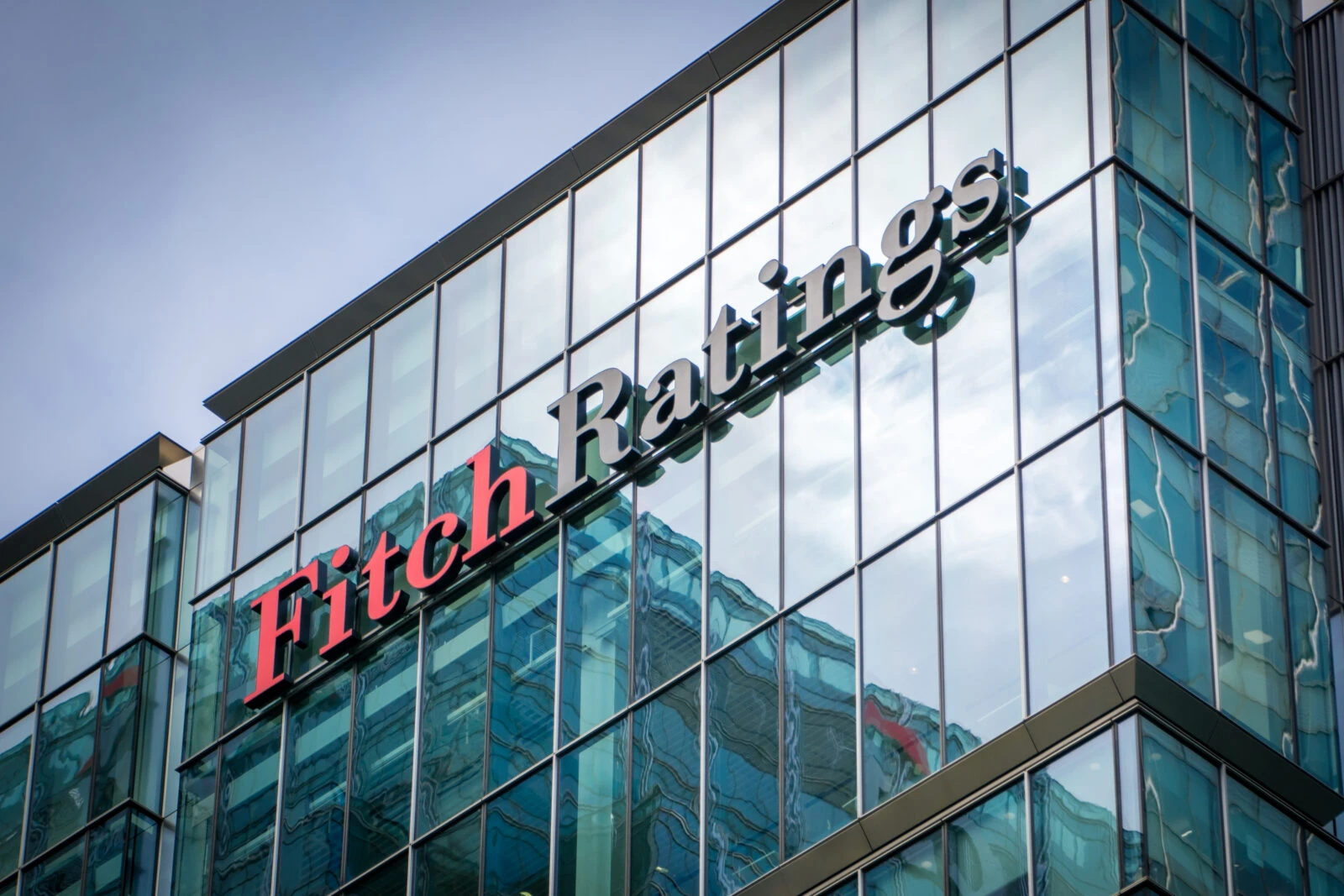
Fitch noted that the effective U.S. tariff rate has climbed to around 25% following reciprocal tariff announcements on April 2. While a higher rate could boost revenues under constant conditions, the agency warned that this comes at a cost.
“We believe the tariffs significantly raise U.S. recession risks and constrain the Federal Reserve’s ability to lower interest rates further,” the statement said. “A sharper economic slowdown would put pressure on non-tariff revenues and trigger increased spending through automatic stabilizers.”
These impacts, Fitch added, would delay the positive fiscal effect of increased tariff revenues, while potentially contributing to market volatility by 2026.
Goldman Sachs: markets underpricing US recession risk
Analysts at U.S.-based investment bank Goldman Sachs said in a note that financial markets have not yet fully accounted for the risk of a U.S. recession, despite a sharp rise in tariffs on Chinese imports.
They pointed out that expectations for gross domestic product (GDP) growth have fallen by 130 basis points—a drop comparable to the economic shocks seen during the COVID-19 pandemic, the global financial crisis, and the 1987 Black Monday crash.
Still, Goldman Sachs noted that even after the steep market sell-off on April 3 and 4, investors were not reacting as they typically would during a full-blown recession.
“Of the usual warning signs of a recession, only the VIX is currently at levels seen in previous downturns,” analysts said, referring to the CBOE Volatility Index—often called the “fear gauge”—which jumped 11.39% to 52.33 on Tuesday, reflecting rising investor nervousness.
Other indicators, such as long-term stock volatility, credit spreads, and the shape of the yield curve, are not yet showing the same level of concern.
“We believe the market is likely to continue moving toward full recession pricing,” the analysts added, warning this could involve weaker stock performance, wider credit spreads, more aggressive interest rate cuts by the Federal Reserve, and increased long-term market volatility.
‘Dr. Doom’ tempers fears as markets brace for trade war fallout
On the other hand, Nouriel Roubini, the economist known as “Dr. Doom” for his accurate prediction of the 2008 financial crisis, has urged investors to temper expectations that the U.S. Federal Reserve will rush into aggressive rate cuts to counter the effects of President Donald Trump’s escalating trade wars.
This time, Roubini believes the U.S. economy is likely to avoid a recession and expects the Federal Reserve to hold interest rates steady through the end of the year, especially as tensions over tariffs begin to ease.
Following a $5 trillion global stock sell-off in just three days, triggered by fears that Trump’s punitive tariffs could spark a global downturn, Roubini predicts it will be the U.S. president who ultimately yields under market pressure.
“Although the president describes tariffs as a ‘remedy,’ the Federal Reserve will remain committed to its mandate of controlling inflation,” Roubini said.
He also noted that, despite recent global turmoil, credit markets have shown relative resilience—another reason for the Fed to proceed cautiously with any policy adjustments.
